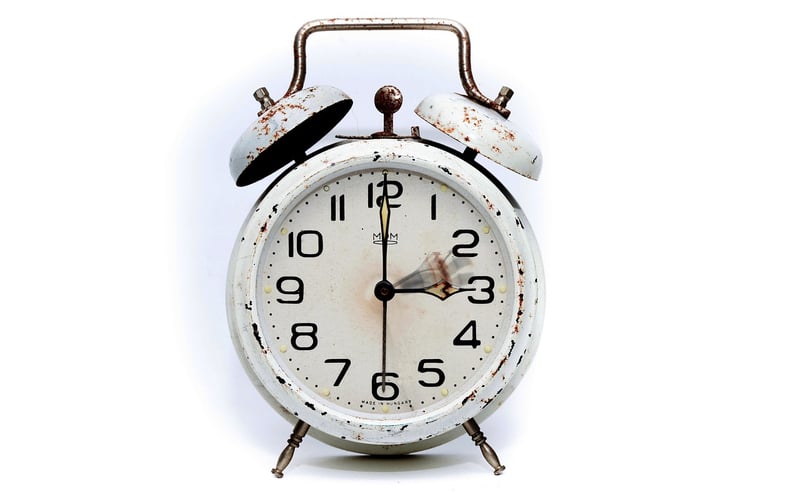Grandfather Paradox
The Complexities of Time and the Grandfather Paradox
Time, a concept that has fascinated humanity for centuries, holds a myriad of complexities that continue to baffle scientists and philosophers alike. One of the most intriguing paradoxes that arises when delving into the intricacies of time travel is the Grandfather Paradox.
Understanding the Grandfather Paradox
The Grandfather Paradox is a thought experiment that explores the implications of time travel on causality. The paradox presents a scenario where a person travels back in time and prevents their grandparents from meeting, thus preventing their own birth. This raises the question: if the time traveler was never born, how could they have traveled back in time to alter the course of events?
Theories and Resolutions
Various theories have been proposed to address the Grandfather Paradox, ranging from the idea of parallel universes to the concept of a self-healing timeline. Some suggest that any actions taken in the past would create a new timeline diverging from the original, avoiding a direct contradiction.
Time Travel in Popular Culture
The concept of time travel and its paradoxes have been popularized in numerous works of fiction, including movies like "Back to the Future" and TV shows like "Doctor Who." These narratives often explore the ethical dilemmas and consequences of altering past events.
Conclusion
As we continue to unravel the mysteries of time, the Grandfather Paradox serves as a reminder of the intricate nature of causality and the potential pitfalls of tampering with the fabric of time itself. While the paradox may never have a definitive resolution, it continues to spark curiosity and debate among those fascinated by the enigma of time travel.

Explore more about the complexities of time and the Grandfather Paradox to delve deeper into the fascinating world of temporal conundrums.
